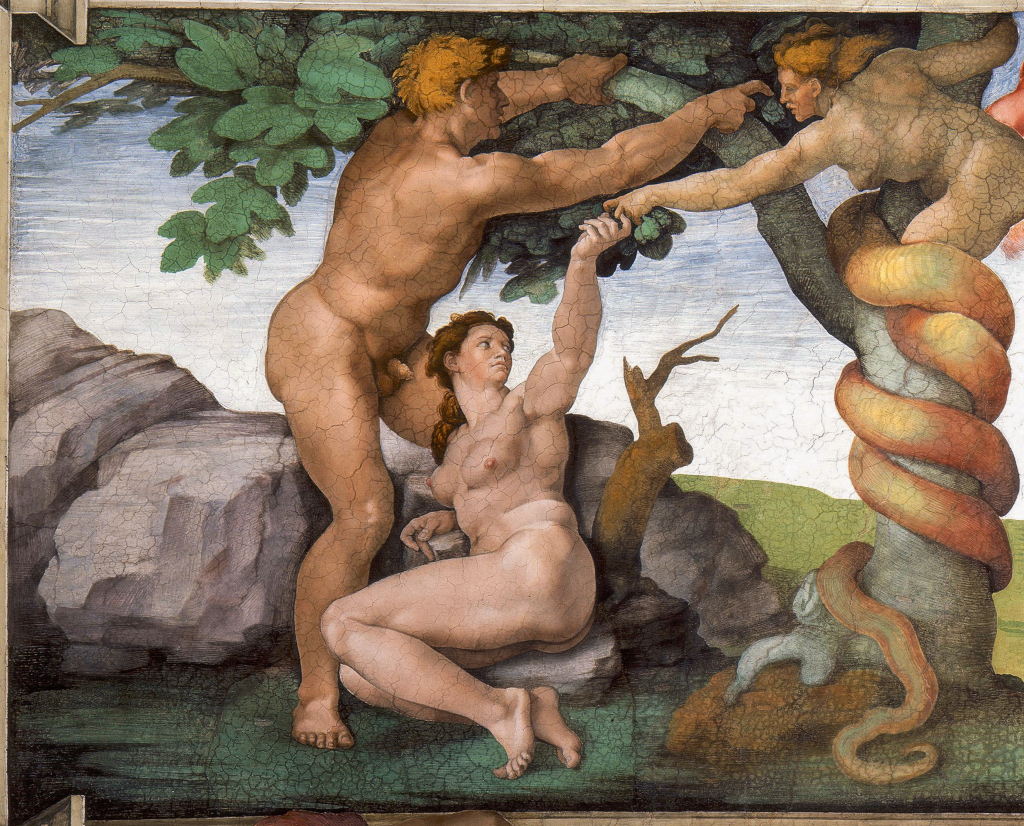 There are many Christians who would like to interpret the book of Genesis in light of modern science. Maintaining that the theory of evolution is more reliable than the biblical account, they propose that the author of Genesis (who I believe was Moses) simply used mythical language to explain the creation account, as well as the story of the flood. They would like to take the first 11 chapters of Genesis and totally mythologize these stories.
There are many Christians who would like to interpret the book of Genesis in light of modern science. Maintaining that the theory of evolution is more reliable than the biblical account, they propose that the author of Genesis (who I believe was Moses) simply used mythical language to explain the creation account, as well as the story of the flood. They would like to take the first 11 chapters of Genesis and totally mythologize these stories.They essentially want to have their cake and eat it, too.
For some time, though, I have insisted that a person can believe in evolution all they want, but they cannot support it from the Bible, or even attempt to justify their beliefs in light of what was written in Genesis. The average layperson can plainly see that the insistence that somehow Genesis 1-11 is nothing but myth, yet the other 39 chapters are to be taken literally, is very problematic.
Nothing in the text of Genesis 1-11 implies that it should be interpreted differently than the rest of Genesis (or the rest of the Pentateuch). There is nothing that says, "I'm an allegory, don't interpret me literally. But you can interpret the rest of the book literally." So, unless a person wants to start saying that all of Genesis is allegorical (which some may be prepared to do), they are stuck with the reality that Genesis 1-11 is to be taken literally.
Although there are a number of reasons for insisting that Genesis 1-11 is part of a totally unified - and literal - book, one word, in particular, stands out that indicates the book is completely unified in its genre. The word first appears in Genesis 2:4 when Moses writes, "This is the history of the heavens and the earth." The word for "history" is toledoth and it literally means "account" or "generations." This word pops up again and again throughout the entire book, talking about the "generations/account of Noah" (6:9), the "generations/account of Ishmael" (25:12), the "generations/account of Esau" (36:1), the "generations/account of Jacob" (37:2). Exodus even goes on to use the word in reference to the generations of Levi and Merari (6:16, 19). All in all, the word is used 16 times throughout Genesis and Exodus.
Thus, if we are to take seriously the historicity of Ishmael's genealogy, or Esau's genealogy, or Levi's genealogy, then we need to accept Noah's genealogy and creation's genealogy. In other words, Moses wants to clearly show that the explanation of the creation week is every bit as valid - and historical - as his explanation of the subsequent literal and historical figures.
This is not to imply that Moses' explanation of creation is exhaustive, or that it can answer every little question of our 21st century scientific minds. But, at the very least, Moses' explanation is the bare bones of what took place in the beginning and any type of explanation that contradicts (as opposed to complements) Genesis 1-11, cannot be accepted.
